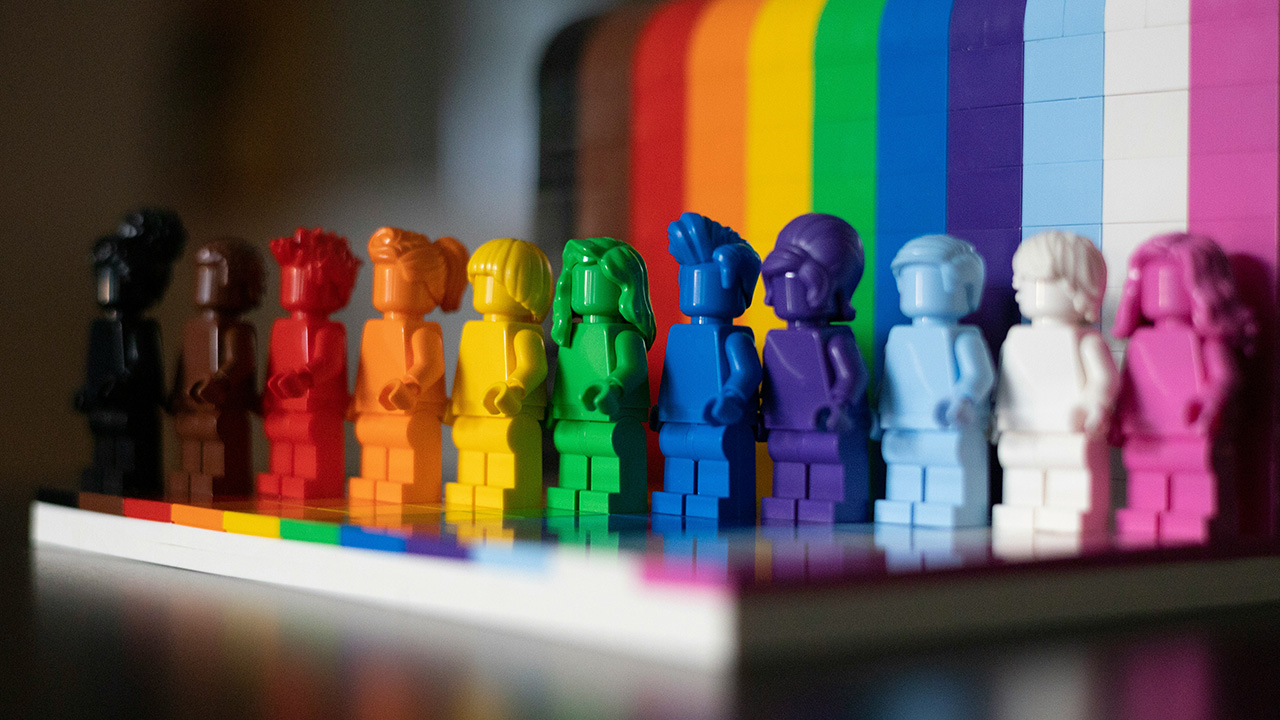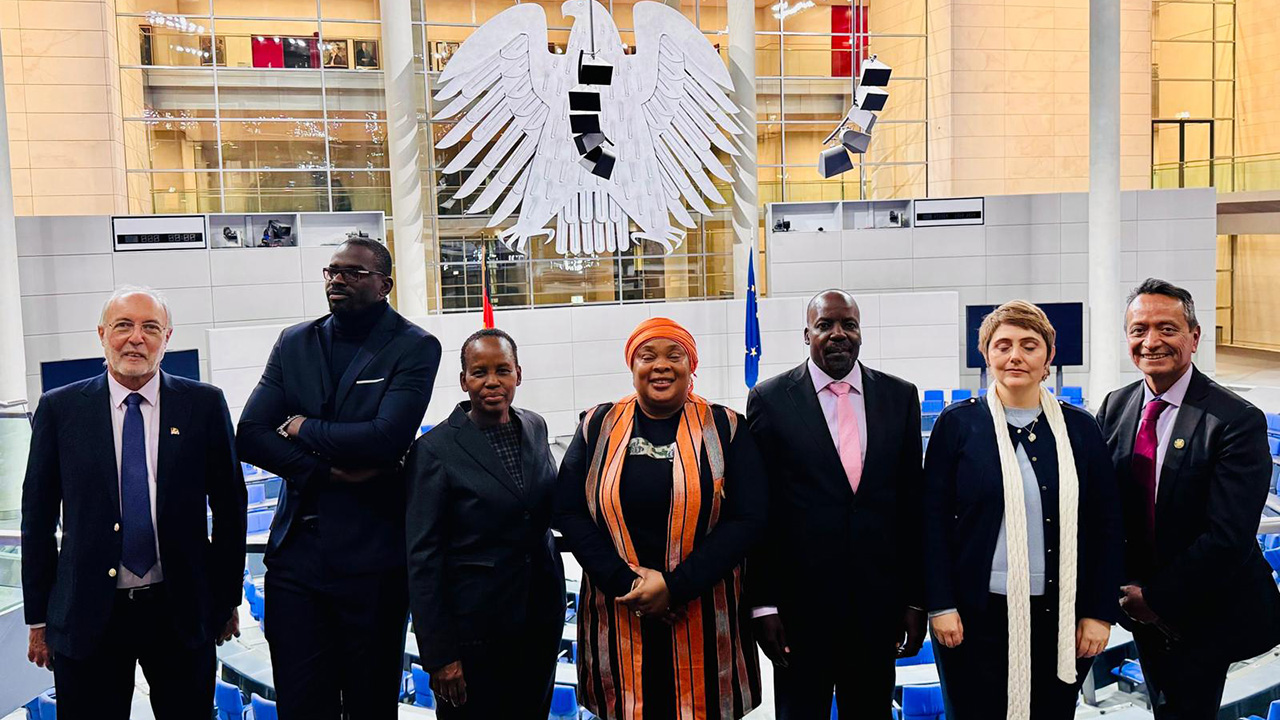By Prof. Simon-Pierre Iyananio Former Member of Parliament of the Democratic Repuublic of the Congo
Prof. Simon-Pierre Iyananio, Honorary Member of Parliament
(Democratic Republic of the Congo)
During my term as a member of the National Assembly of the Democratic Republic of Congo (2019-2023), I chaired the Standing Committee on Human Rights. In this capacity, I was confronted with the issue of minorities in general, and LGBTQ+ people in particular. Many of my fellow MPs were, to say the least, allergic to the idea of accepting the existence of homosexuals in the city of Kinshasa, despite the fact that I had been questioned several times by leaders of an organization called OASIS, which brings together Congolese homosexuals. For many of my national MP colleagues, including LGBTQ+ people on the list of minorities to be protected was a virtual declaration of war. The reason often put forward was that homosexuality is a practice contrary to African cultures and the Holy Scriptures. It is considered a deviation, a moral depravity that Westerners, now atheists, would seek to impose on Africans. I confess I had a similar opinion before I met the members of OASIS and immersed myself in their situation.
As a Pan-African, the vote and promulgation of the law criminalizing homosexuality in Uganda in 2023 and the vote of a similar law by Ghanaian MPs in February 2024 oblige me to speak out, to call on Africa to show moderation and above all justice. These two clearly discriminatory laws call out to African parliamentarians and human rights defenders in general.
As a practicing Catholic Christian and a doctor of theology, and drawing conclusions from the many exchanges I have had with LGBTQ+ people and with fellow parliamentarians in Uganda, Kenya and South Africa, I call on all of us to avoid the trap of discrimination and intolerance by learning the lessons of history.
Whether we're talking about the slave trade, slavery, colonization, apartheid or ongoing discrimination against women, it is always with religious and cultural arguments that human beings have sought to dominate, exploit, exclude or mistreat other human beings. Black Africa has paid a high price for violations of rights and attacks on human dignity organized or supported by people who did so in the name of faith in God and in the name of cultural values to be protected. With time, we come to understand that these discriminations were unjustified, but the damage had already been done.
To avoid repeating the mistakes of the past, I invite my African sisters and brothers to know how to relativize our certainties, whenever human rights and human dignity are at stake, as in the treatment of the LGBTQ+ issue. History in general, and that of Black Africa in particular, has shown that it's often when they're convinced they're doing the right thing that human beings commit the irreparable.
We don't have to agree with LGBTQ+ people, but we do have an obligation to respect their dignity, to listen to them and never forget that, like all of us, they were created by God, in His image and likeness. Some are born with two sexes, or have a sexual orientation different from the sex they carry. If we consider that they were created by God, who are we to condemn or seek to correct the Good Lord? Why would we want to modify by human laws what is in the realm of the "biological mechanics" intended by the Creator? Is it responsible and just for legislators to continue to deny the suffering of thousands of citizens whose only crime is to want to live as God created them?
I remember, in the 1970s, a classmate in elementary school whose teacher often whipped and tied his left hand, to force him to write with his right hand. At the time, writing with the left hand was seen as a curse, religiously and culturally unacceptable. The humiliation, physical suffering and trauma endured by this colleague and other left-handers was unjust, their only crime being to have a "manufacturing defect" that the self-righteous of the time found unacceptable.
An Africa long victim of religious and cultural intolerance should be more sensitive, more attentive to minorities, including LGBTQ+, avoiding the trap of intolerance and discrimination. In the 21st century, a sexual relationship between consenting adults should not lead to imprisonment or death. This is all the truer as we live in secular states, where religious convictions and practices are a private matter for each citizen. In the DRC, as in Uganda and Ghana, the constitutions of our countries protect citizens against discrimination on the grounds of sex, religion or any other factor. In a nation-state, living together and democratic health depend on the respect that all citizens, especially those who vote on laws and govern the nation, have for the republican pact contained in the Constitution. Any religious zeal, any populist calculation against the constitutionally recognized rights of certain citizens is therefore a serious threat to democratic life.




